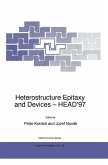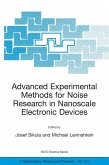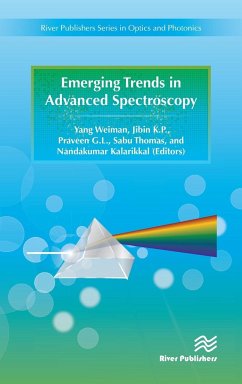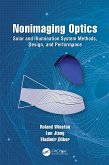Storage and conversion are critical components of important energy-related technologies. "Advanced Batteries: Materials Science Aspects" employs materials science concepts and tools to describe the critical features that control the behavior of advanced electrochemical storage systems.
This volume focuses on the basic phenomena that determine the properties of the components, i.e. electrodes and electrolytes, of advanced systems, as well as experimental methods used to study their critical parameters. This unique materials science approach utilizes concepts and methodologies different from those typical in electrochemical texts, offering a fresh, fundamental and tutorial perspective of advanced battery systems.
Graduate students, scientists and engineers interested in electrochemical energy storage and conversion will find "Advanced Batteries: Materials Science Aspects" a valuable reference.
This volume focuses on the basic phenomena that determine the properties of the components, i.e. electrodes and electrolytes, of advanced systems, as well as experimental methods used to study their critical parameters. This unique materials science approach utilizes concepts and methodologies different from those typical in electrochemical texts, offering a fresh, fundamental and tutorial perspective of advanced battery systems.
Graduate students, scientists and engineers interested in electrochemical energy storage and conversion will find "Advanced Batteries: Materials Science Aspects" a valuable reference.
From the reviews: "This timely book focuses on the materials science principles of advanced battery technology. ... Extensive reference lists, a summary, and many illustrations and graphs are provided for each chapter, with the author bringing great technical insight to bear on the subject. ... This book is an outstanding technical resource on advanced battery technology for students or researchers ... . It will definitely help to advance battery technology by providing new researchers with the tools and ideas necessary to develop the next generation of batteries." (IEEE Electrical Insulation Magazine, 2010)








